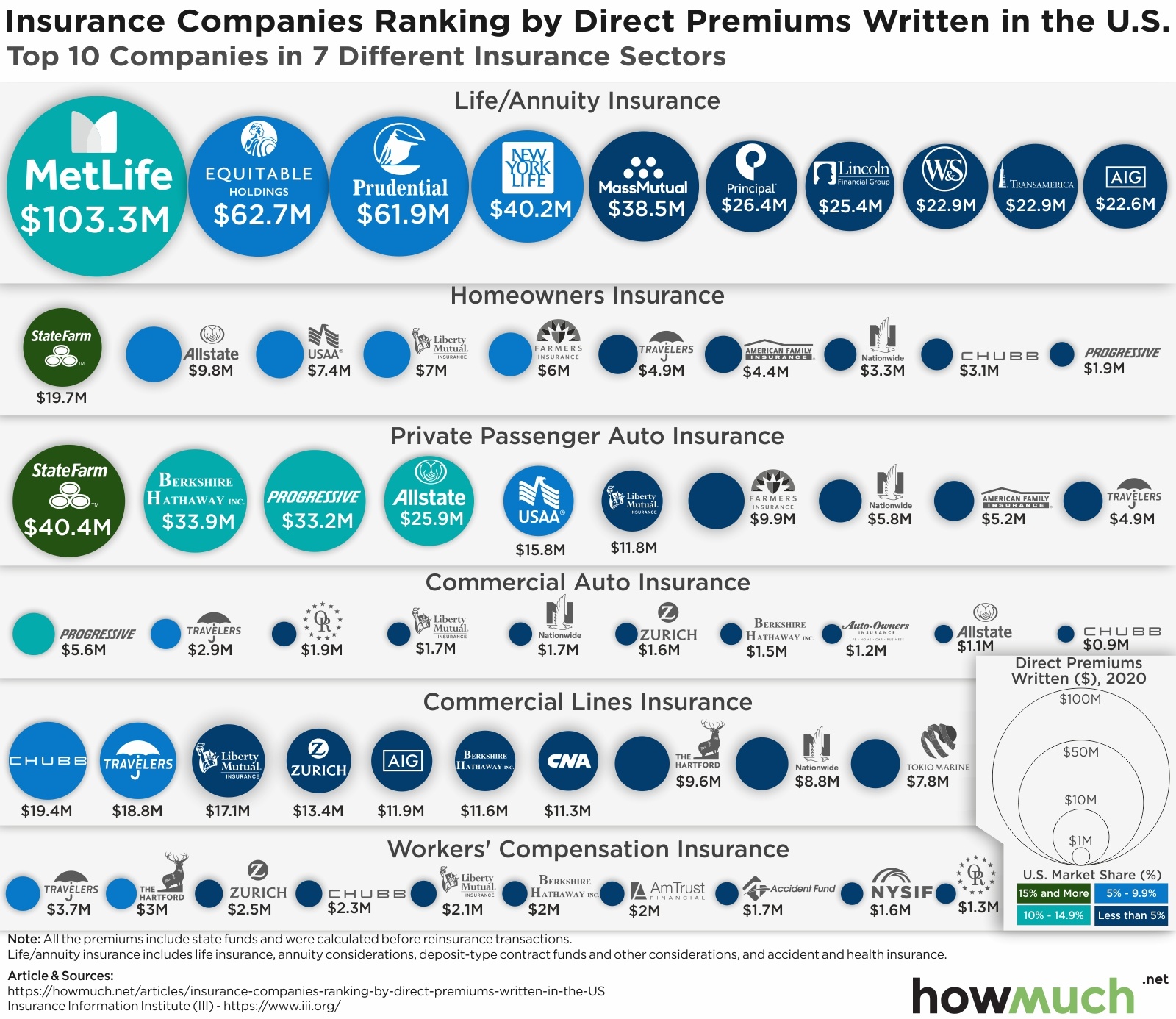The basic idea behind President Trump’s tax plan is to lower income tax rates while closing loopholes. This makes the tax system fairer because it would remove tax incentives for specific activities, like owning a home or making contributions to retirement accounts. But Trump’s plan represents a net reduction in tax collections. So who is getting that money? We created a new viz to help you understand.
 According to the Tax Policy Center, Trump’s tax plan reduces federal revenue by $2.4 trillion over the next ten years. Our viz uses numbers from the Economic Policy Institute to break this figure down by dividing taxpayers into six groups: the top 1%, and the five quintiles representing 20% chunks of the tax base (the second highest group represents 19%). The relative size of each slice in the piece chart corresponds to a proportion of the windfall, and the color signifies how much money the average filer in each group would get.
According to the Tax Policy Center, Trump’s tax plan reduces federal revenue by $2.4 trillion over the next ten years. Our viz uses numbers from the Economic Policy Institute to break this figure down by dividing taxpayers into six groups: the top 1%, and the five quintiles representing 20% chunks of the tax base (the second highest group represents 19%). The relative size of each slice in the piece chart corresponds to a proportion of the windfall, and the color signifies how much money the average filer in each group would get.
A quick glance at our viz demonstrates exactly where the funds are going. Almost 80% of the proposed tax cut is going to the top 1% of earners, where the average taxpayer will see a tax cut worth $207,060. That’s more than the median home value in the U.S., and it’s four times the median household income.
Every other group will also see some type of tax cut under Trump’s plan, but none will be nearly as generous as the top 1%. The top quintile of taxpayers (excluding the top 1%) will get 6.9% of the entire tax cut, but that’s only $891 per filer. That’s a decent sum, and it’s significantly higher than the cut reserved for the bottom 20%, where the typical filer will only see a reduction in their tax bill of $50.
It’s important to keep in mind a few more things as you think about Trump’s tax plan. There are a lot more people in the bottom quintile of taxpayers than the top. You have to make over $732,000 a year to be counted in the top 1%, which is a pretty elite group. In fact, the tax cut is even more favorable the richer you are; filers in the top 0.1% (with an average income of $3,439,900) will see a tax cut of $747,580.
It’s common for politicians to have their tax cuts expire after a decade—this makes it seem like the cuts aren’t as expensive over the long term. In this case, the proposal reduces revenue by $2.4 trillion over ten years. To put that in perspective, stacking a mere $1 trillion would be high enough to reach the moon and back four times, to say nothing about what it would cost 20 or 30 years from now.
So is Trump’s tax plan a good idea? The answer depends on how you think the economy will respond if income inequality continues to get worse. There shouldn’t be any question, however, that Trump’s plan will benefit the rich much, much more than the working poor or the middle class.
Data: Table 1.1
About the article
Authors
Irena - Editor





